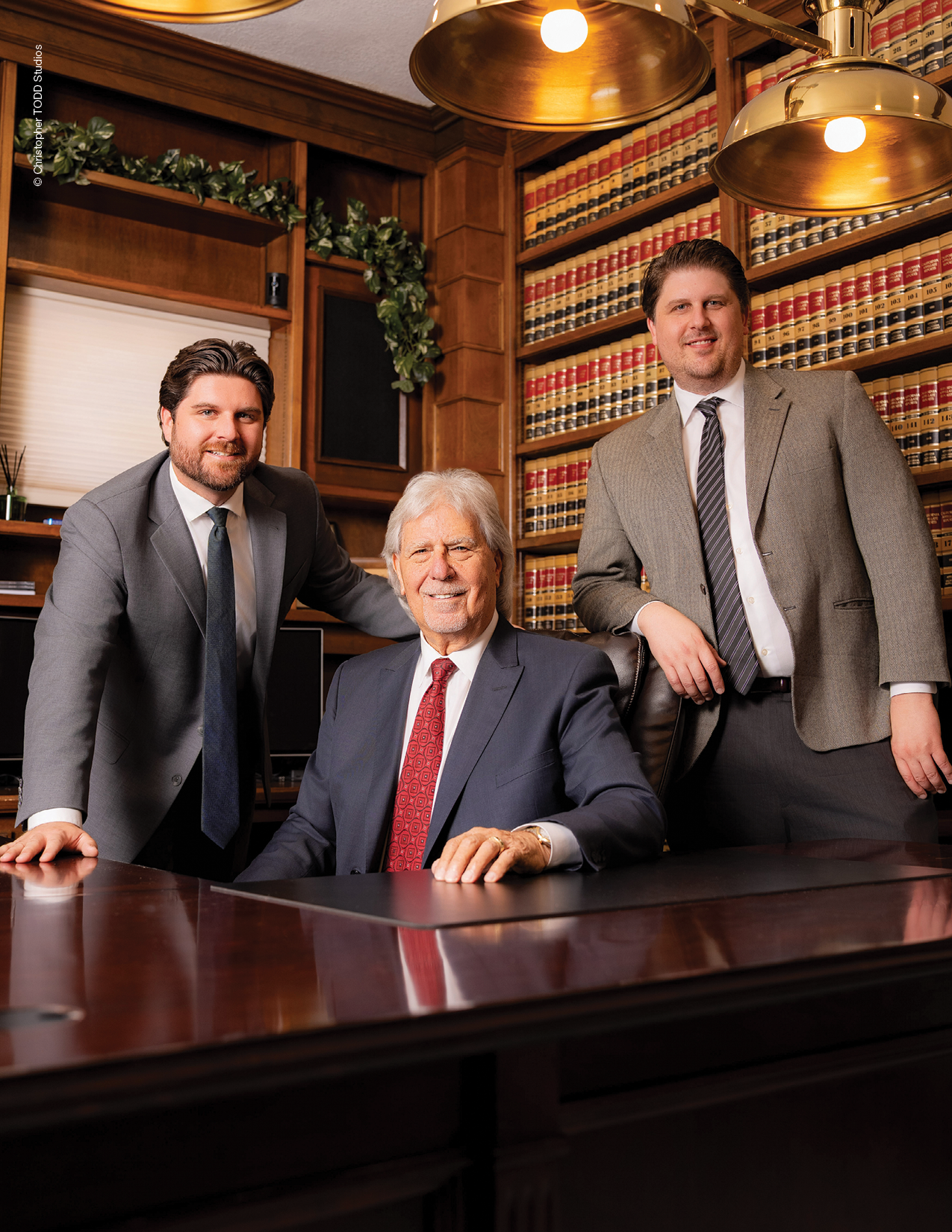Jeena Cho is a partner at JC Law Group PC, a bankruptcy law firm in San Francisco, CA. In addition to her legal practice, Jeena teaches mindfulness and meditation to lawyers. Her second book, The Anxious Lawyer (ABA) will be released in 2015. You can find her on Twitter @jeena_cho.
Understanding and Working with Anxiety
Face it: anxiety is a part of your life. As lawyers, we are constantly pressured to deliver results for our boss, opposing counsel, the court, and most importantly, our clients. Regardless of what can be controlled, we are expected to foresee what could go wrong with every correspondence, motion, hearing, email, settlement agreement, and contract. It is no wonder that so many lawyers suffer from anxiety, among other illnesses.
For most lawyers, anxiety is just another facet of life. In our do more culture, this means billing as many 0.1 increments as possible. Often, we do not realize how much stress we are under until we go on vacation—assuming we left our computers and phones behind.
Despite the prevalence of anxiety among lawyers, we rarely discuss healthy ways of managing it. To learn more about anxiety, I reached out to Joe Gilbert, a Licensed Professional Counselor in Raleigh, NC. Gilbert says:
Our brains are hardwired to scan our environment for potential threats. This served a purpose when our cavemen/cavewomen ancestors faced legitimate threats of starvation, attack by another tribe, or being an appetizer to a large animal. “Fight or flight” was necessary to stay alive.
Thinking about anxiety as an evolutionary response is helpful, as we often try to understand our anxiety from a logical place. According to Gilbert:
Most of us don’t face matters of life or death on a regular basis, [yet our] brain still tries to justify why we are feeling anxious. We may wake up feeling restless, irritable, or worried, and then our brain tells us “there must be a reason for this!” and works hard to find an answer to justify these feelings. In our culture of “knowing,” we believe that if we can find the logical answer, then we’ll feel better. Unfortunately, logic and analytics don’t always apply to human behavior.
Often, stress and anxiety fuels our motivation and drive. As a caffeine fueled insomniac, I was certainly no exception. I would suffer from stomachaches starting on Sunday evening, which mysteriously subsided in time for Friday happy hour. However, I did not see this as a problem, as many lawyers I knew also lived this way. Our anxiety gives us a feeling of purpose and meaning; after all, the work must be important if it is making us miserable.
After nearly a decade of living with persistent anxiety, I finally took action, and found healthier ways of working with anxiety. I started practicing mindfulness and meditation daily, and went through cognitive behavior therapy. What I know now is that debilitating anxiety does not have to be a part of law practice.
Tips for Healthy Ways of Relating to Anxiety
Breathe. Breathe. And Breathe: This is Gilbert’s first piece of advice, and has consistently worked for me. Our breath is a gift that is always under our nose. It is an anchor in stressful situations, and reminds us that we are living beings, not machines that are supposed to run perfectly. Reciting a mantra or prayer can help as well. Two of Gilbert’s favorites are: “This too shall pass” and “Easy does it.”
Smile: Smiling loosens up the facial muscles and helps us relax. Focus on where the tension is in your body. Many of us carry anxiety in our forehead, throat, shoulders, chest, abdomen, and hands. If we can relax those parts of our body, it might help relax our mind as well.
Honesty: One of the most powerful—and paradoxical—tools we have at our disposal is being honest, and naming what we feel. A surefire way to diffuse anxiety is to name it.
Change Your Behavior: Gilbert offers the following mantra to his clients suffering from anxiety, “Move a muscle, change a thought.” If you are having an anxious thought, chances are that further rumination is unnecessary. Go for a walk or a run. Talk to a friend. Pick up a pen and journal. Toughing it out or fighting through anxiety may be a way to avoid the underlying issue. He encourages people to “put down the boxing gloves, and learn to dance with anxiety.”
Write Your Worries: Slow your thoughts down to the speed of writing by journaling (with pen and paper, not on a computer). Ask for help, even though this can be hard. Talk with a trusted friend. Everybody experiences anxiety, even if they have a different word or definition for it.
Good vs. Bad: According to Gilbert, labeling anxiety as bad can actually make it worse.
In the field of mental health, there is a saying that may help explain this: “It’s not important how you feel, but how you feel about the way that you feel.” So when I feel anxious do I add a layer of judgment to this feeling? Am I mad at myself for feeling anxious? Do I believe I shouldn’t feel anxious? Rather than thinking about anxiety in terms of “good vs. bad,” I suggest focusing on healthy or unhealthy ways of relating to our inevitable anxiety.
Back to Basics: It is important to maintain adequate sleep (typically 8 hours a night), exercise regularly, eat healthy foods, drink plenty of water, and cut out vices such as sugar and tobacco. Try meditation, yoga, or another form of mind-body awareness practice.
Knowing When to Get Help
How do you know when it is time to get help for your anxiety? “If you’ve been using the tools mentioned above for 90 days, and you still feel that anxiety is causing significant problems in your life domains [family, work, social, physical], seek professional help,” says Gilbert.
I was not aware of how anxious I was until I learned to stop living with it. Today, I feel grounded, happier, and at ease. It was not an easy process. Having spent over a decade with anxiety, it was a part of my life and identity. However, the payoff from getting help was immense. I no longer suffer from insomnia, headaches, backaches, or stomachaches. Additionally, I am a better lawyer because I can stay calm and present in difficult situations. Start addressing your own anxiety with these tips from Dr. Gilbert, and seek help if you need to.








